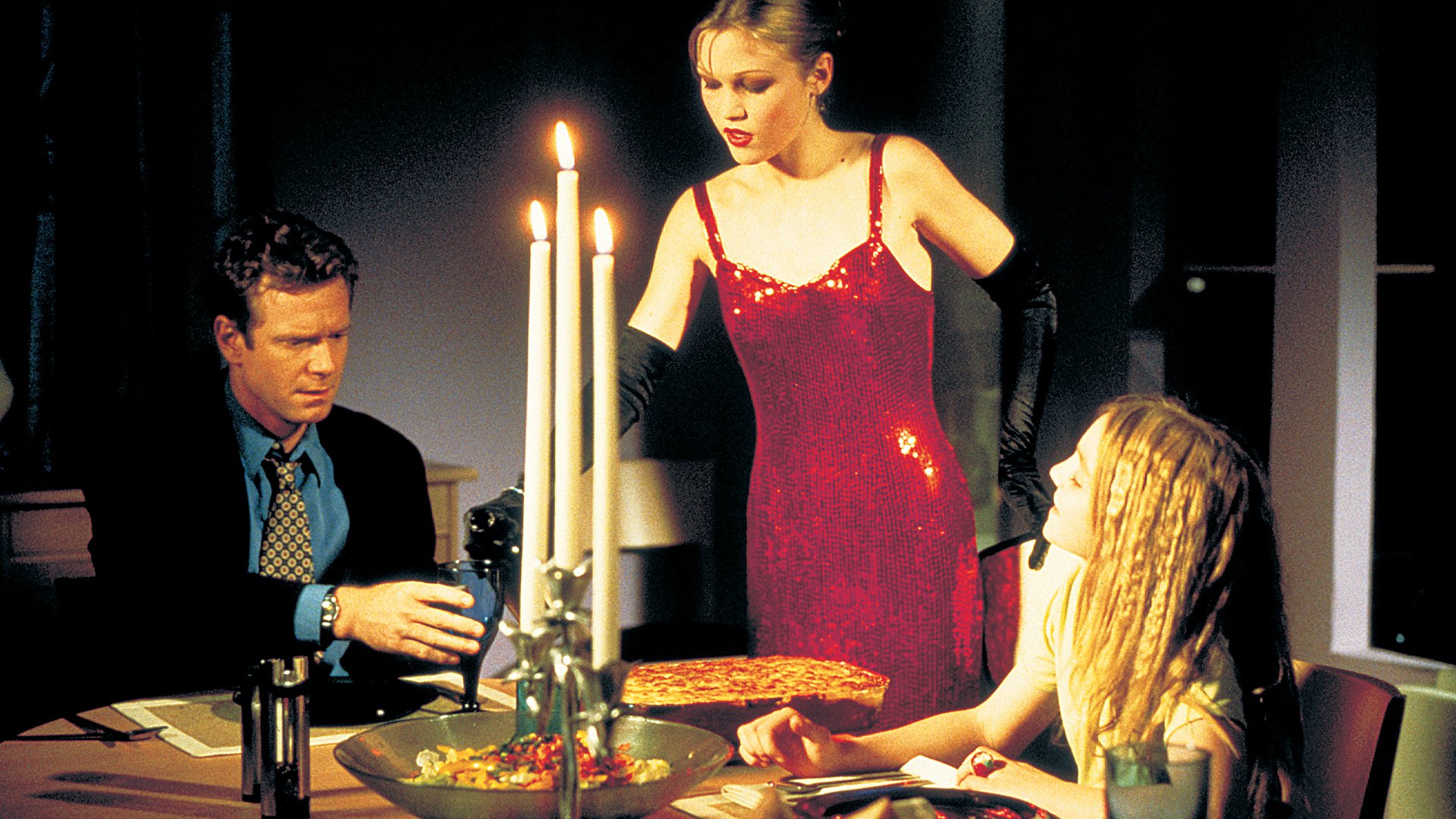WHEN a 15-year-old girl failed to show up for breakfast, her foster family assumed she had gone to school early.
But Willeke Dost was not in class on that day in January 1992 – and she was never seen again.
6

6
After a traumatic childhood and a string of foster homes around the Netherlands, Willeke mysteriously vanished.
Accusations of abuse by her foster family, the Mulders, emerged and resulted in arrests, but nothing has ever been proven.
The mother of one of Willeke’s friends fuelled stories that led to the arrests in 2010, but they were later released.
And another twist came when sniffer dogs repeatedly indicated the same patch of earth to suggest Willeke could be buried there – but there was no sign of her.
After more than three decades, multiple searches and the arrests, there are still no answers.
But Marja West, a cold case investigator, has made it her mission to crack the mystery – and she believes she has uncovered facts that blow apart the existing theories.
She has interviewed more than 300 people who knew Willeke – and it revealed a new bombshell theory about a “predatory” man.
She told The Sun: “I know what happened that night Willeke disappeared. The newspapers couldn’t be more wrong.”
Both of Willeke’s parents died in a car crash in 1976, before her first birthday.
She was then passed between relatives, foster parents and various shelters in the Netherlands.
At the time of her disappearance, she was living on a farm with a foster family in the rural village of Koekange.
The parents had a daughter and two sons, who Willeke lived alongside.
The schoolgirl left the farm early on the morning of January 15, 1992, riding a bicycle – a fact Marja agrees with.
There were no leads after she vanished – and police initially assumed she had run away.
This meant the case was treated as a missing person rather than a murder, an it wasn’t investigated as intensely as it otherwise might have been.
Years passed without any progress, and Willeke slipped from the public’s memory, until new claims emerged in the media.
One of Willeke’s good friends was Geke Crediet.
Geke’s mother – Anneke – initially told national TV that Willeke had admitted to her daughter she was pregnant and had been sexually abused by her foster family.

6

6
Marja says that for the first five years Anneke told people she believed Willeke had run away to find her new life – and only changed her story when the media attention snowballed.
Rumours took hold that the foster dad was the father of Willeke’s child and that became the accepted narrative.
Speculation culminated in 2010 with the arrest of the foster mother and brother – the father had since died – on suspicion of involvement in her disappearance.
Police conducted an intense search of the farm but found nothing – and the Mulders were released without charge.
Marja is convinced that the suspicion on the family was baseless – the result of a trial by public opinion.
A breakthrough came when I learned about a man who decapitated his wife with a shovel
Marja West
She agrees with the later assumption that Willeke is dead, but pins the blame on an entirely different character, a “predator” called Sebastian.
After speaking to hundreds of people who knew Willeke and listening to hours of audio tapes, Marja has built her theory – and she doesn’t believe Anneke’s claims.
Marja says: “Anneke’s motivation is still a mystery. But it destroyed a family and it never helped Willeke.
“Lots of ‘facts’ weren’t facts at all.
“No one bothered to look any further then the picture Anneke drew.”

6
She says that people believed the story presented – that Willeke had been abused and murdered by her foster family – because it was neat and easy to understand.
Marja says: “Although a thorough search by forensic experts didn’t find any evidence, the seed of doubt was planted.
“By Anneke, and by the media who repeated her story over and over again.”
And Marja is convinced she knows what really happened on the night Willeke disappeared.
She said: “In the weeks before she went missing, Willeke talked about a much older ‘boy’ named Sebastian, a fake name.
“I found out that ‘Sebastian’ was a predator, a man who later in life became a convicted murder.”
Marja learned of ‘Sebastian’ through speaking to a police detective who investigated a man who murdered his wife.
He decapitated her with a shovel while she was sleeping and dumped her body in a canal.
This man was Sebastian.

6
During interrogation, Sebastian had spoken of Willeke as if he knew her, according to detective.
Then, during his hearing, Sebastian taunted that he could have done the same to Willeke.
After discovering that, things began to fall into place for Marja.
She remains convinced that Sebastian was the older man Willeke had spoken about, and that he is behind her disappearance.
Willeke would have been “very vulnerable to compliments”, Marja says, and so easily exploited by an ill-intentioned older man.
Marja is still piecing the case together – and her investigation has led her across Europe.
She says: “I spoke to 300 people who knew Willeke and, like Anneke, I bent over backwards to find out what had happened to her.
“I drove 93,000km in The Netherlands, in Belgium, Germany, Luxemburg and France, and I got help from inside the justice department.
Her next step is to find ‘Sebastian’.
I found out that ‘Sebastian’ was a predator, a man who later in life became a convicted murder. During his interrogation he talked about Willeke and made it seem like he was involved in her disappearance
Marja West
Befoer Marja got involved in the case, the farm in Koekange was searched again in 2019 – and this time two specific spots were excavated.
One of the sites apparently attracted the attention of three sniffer dogs, independently of each other.
But yet again, police found no trace of Willeke.
Marja believes she has an explanation for the sniffer dogs’ attention.
She says: “A neighbouring house was built on the site of an old graveyard. After speaking to people, I know that gravestones were used to build paths in the area.
“This explains why the sniffer dogs looking for human remains were all attracted to that patch.”`
Marja is adamant that the narrative of Willeke being harmed by her foster family is a phenomenon fuelled by press speculation – and the true suspect has not been brought to justice.
This is not the first cold case Marja has investigated.
She wrote an acclaimed book on the deaths of Kris Kremers and Lisanne Froon – two Dutch women in their twenties who disappeared whilst hiking in Panama in 2014.
And, with the help of Dutch “myth-busting” forensic pathologist Frank van de Goot and British survival expert Megan Hine, she is creating a documentary series called Wilderness: Cold Case.
Marja says: “There are lots of children like Willeke that went missing. Some of them were never found.
“People don’t dissolve like an aspirin in water. Someone must know something.
“Families need answers and not to be left with doubt.”










